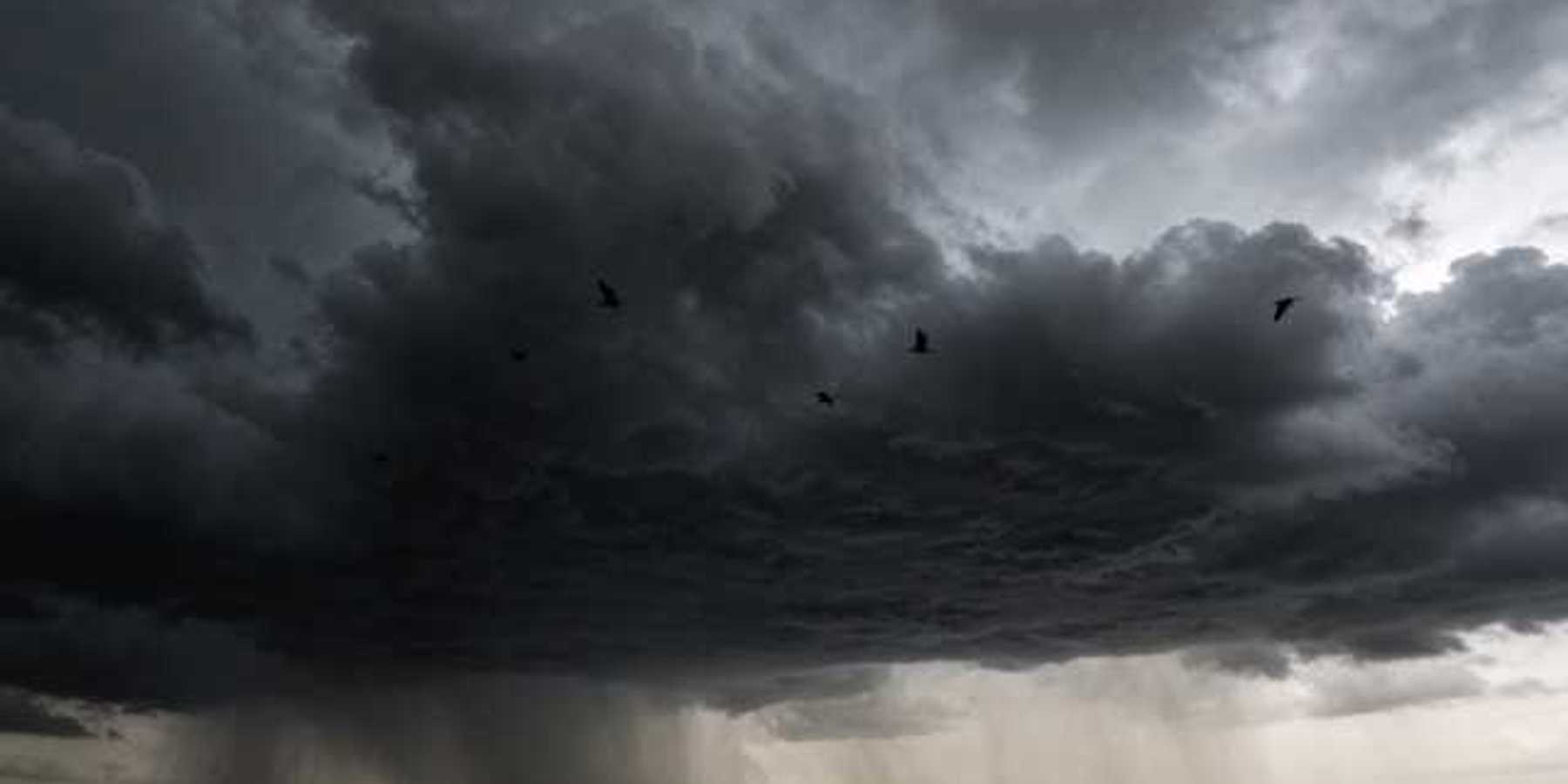Supreme Court leans towards limiting air pollution regulations
The Supreme Court's conservative majority is likely to restrict the Biden administration's environmental efforts, specifically the U.S. Environmental Protection Agency's plan to reduce cross-state air pollution, impacting public health and environmental policies.
Adam Liptak reports for The New York Times.
In short:
- The "good neighbor" plan aimed to cut ozone pollution affecting downwind states is under threat, with a decision expected by June.
- This follows a trend of the court limiting the EPA's authority on environmental issues, including climate change and water pollution.
- The plan's suspension could delay pollution control efforts, affecting states reliant on upwind pollution reduction.
Key quote:
“It would delay efforts to control pollution that contributes to unhealthy air in downwind states, which is contrary to Congress’s express directive that sources in upwind states must assume responsibility for their contributions to emissions levels in downwind states.”
— EPA legal brief.
Why this matters:
The potential blocking of the EPA's air pollution plan brings to light the struggle and intricate balance between federal authority and state responsibilities in managing air quality. Learn more about air quality and respiratory health from Kristina Marusic's reporting in our series: Breathless.












